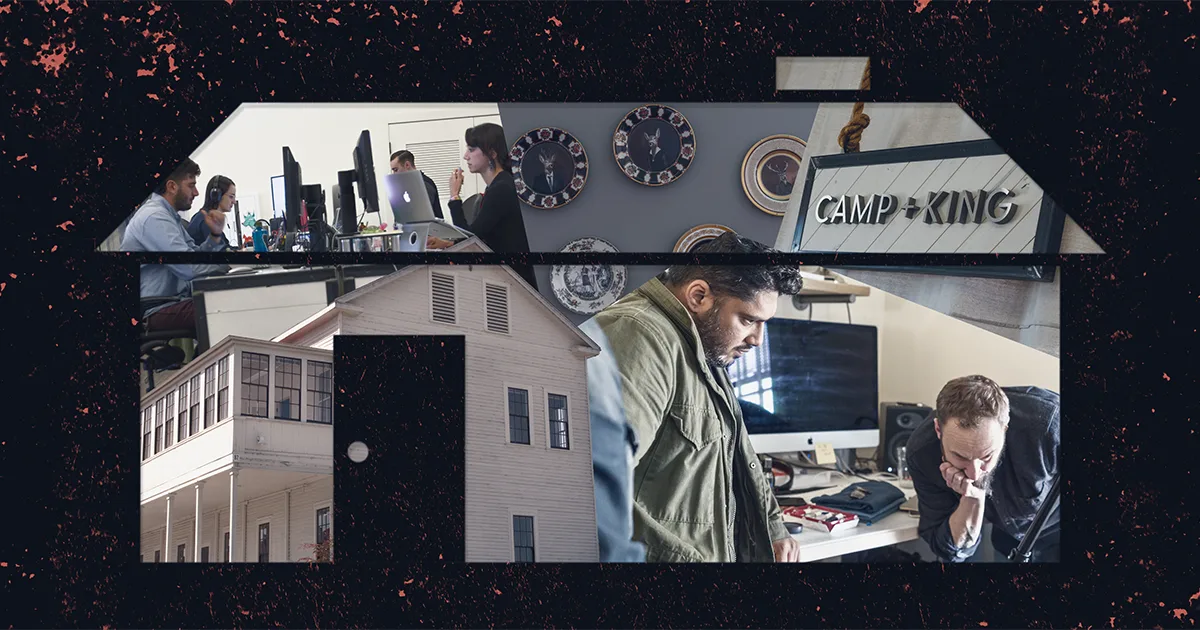Camp + King wanted to know more about how alcohol brands are reaching Gen Z. Who better to help us out with this than a college student? We threw our (legal, 22 year-old) summer strategy intern, Emma Blackburn, at the task and here she shares her top insights with us on the + blog.
We want more than just a drink
With so many competing alcohol companies, it has become increasingly difficult for brands to differentiate themselves on packed shelves. I am guilty of gravitating towards the brightest bottles or the flashiest deals, but the brands that stick with me are the ones that keep me engaged beyond the point of purchase. Several brands have figured out how to talk to their consumers not just from a purchasing perspective but in a way that makes the consumer feel like the brand is more than just a drink. Here are a few of my favorites:
Absolut Vodka and Patrón Tequila: Authentic Activism
Activism and brand participation in cultural events is important in any industry, but many companies have taken heat for appearing to only participate out of due diligence, not a genuine interest in the cause. Companies often try to please the widest possible audience which results in mass participation from brands for all causes: rainbow logos during Pride, blackout logos during Black History Month, etc. Absolut Vodka has chosen to focus their effort on the LGBTQ+ community year round, establishing themselves more than a fair-weather supporter.
Well-known for their limited edition bottle designs, Absolut was the first spirit brand to feature a rainbow flag bottle which is available to purchase all year. Absolut has continuously used its platform to give a voice to the LGBTQ+ community rather than switching around to relevant trends which has given the company’s efforts legitimacy.
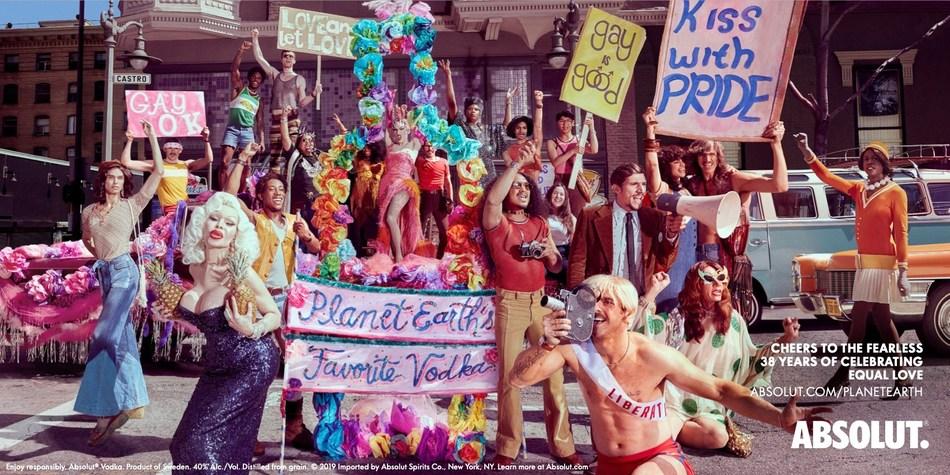
Similarly, Patrón Tequila has carefully chosen what events to commemorate in their limited edition bottles. As a company that prides itself on heritage and authenticity, Patrón has limited run cultural tins featuring imagery from different countries and cultures. The heritage collections correspond with the overall brand identity Patrón has already established so the alignment doesn’t feel forced.
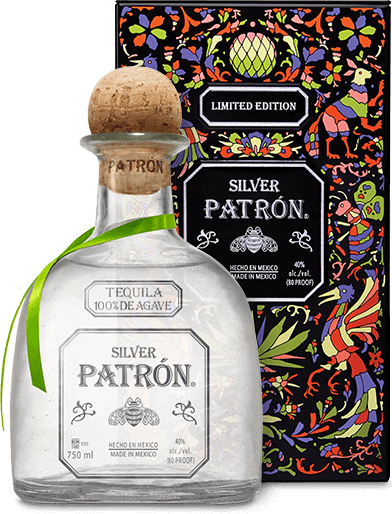
Jack Daniels: Branding a Culture + Style
Jack Daniels has capitalized on the popularity and appeal of their logo. The Jack Daniels’ website directs customers to an online merchandise store featuring t-shirts, tank tops, hats and other branded items. The iconic label and branding allows the company to be relevant and top of mind for people who aren’t even consuming the product. Even as a twenty-something college student who doesn’t drink whiskey, I have a shirt emblazoned with the Jack Daniels’ logo that I wear proudly. Jack Daniels has successfully created a drink people enjoy, but more importantly a brand that people want to associate themselves with. By offering an in-depth character story behind Jack Daniels and creating an appealing and brandable logo, Jack Daniels has created a brand identity bigger than whiskey.
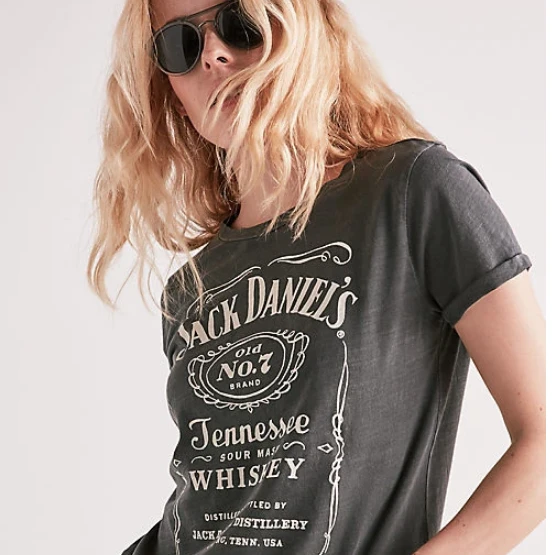
Fort Point Beer Company: Leaning into Local Culture
Fort Point Beer Company has found a way to stand out in a sea of beer companies by giving a nod to its birthplace – the city of San Francisco. The packaging depicts line drawings of the Bay Area and the names of the beers are references to Northern California or the makers themselves.
By aligning itself with a city and basing much of its identity on being local, Fort Point has created a community of devout fans that see themselves in their drink of choice. Many seemingly independent craft beers are actually owned by the big corporations and their attempt at small town charm comes across as kitschy. As an independent beer company, Fort Point is able to personalize their products and social feed to a particular region in a way a big conglomerate never could. The Bay-Area-specific branding makes consumers feel like they are being seen by the company and forges a bond bigger corporations could not maintain. Fort Point Beer Company is down to earth, unique and feels like an old friend, not a corporation.
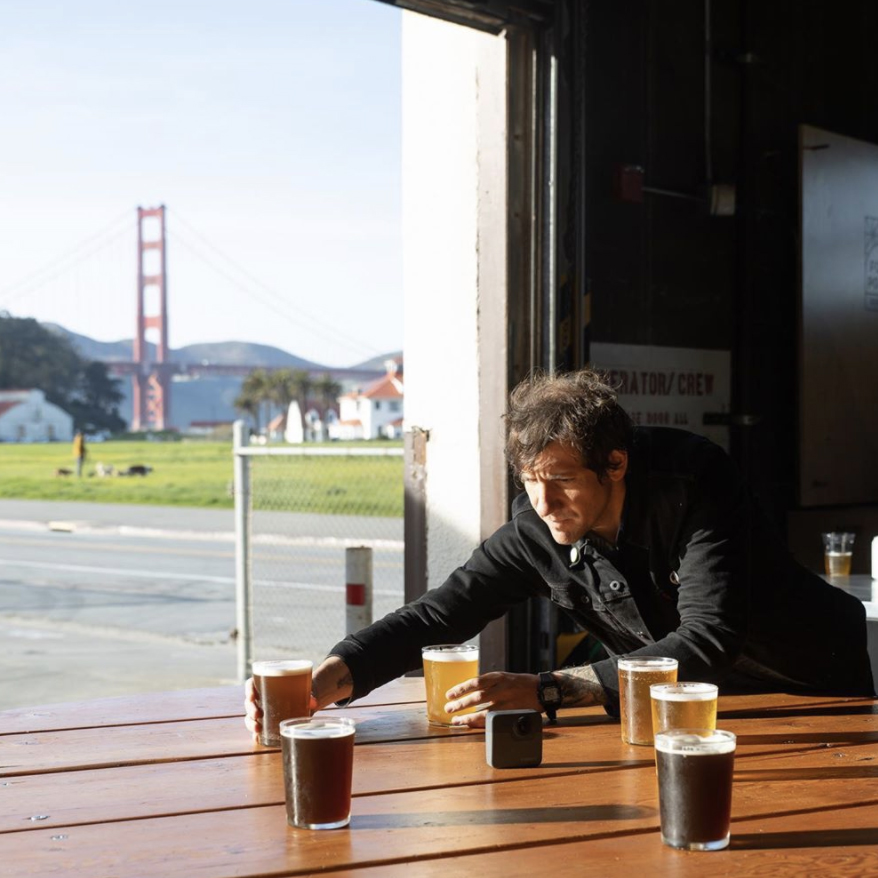
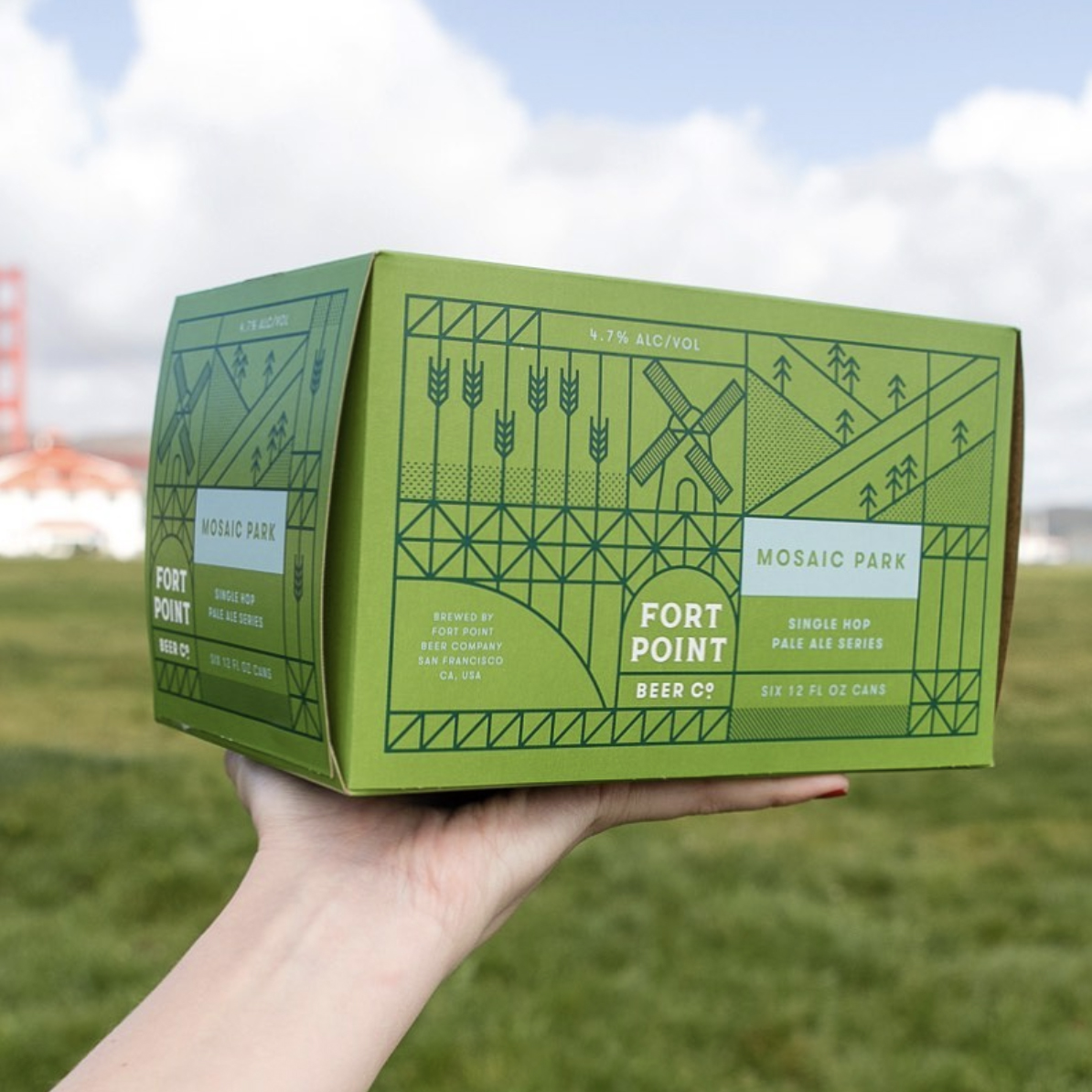
My drink = me
People connect to companies that share messages that resonate with them, and that’s what makes these brands so effective. Social causes invoke a feeling of being heard, good branding makes people feel like part of a community, and personalization of local products gives people a sense of local pride. Consumers may choose a flashy brand once but they are looking for products that make them feel like they belong for the long term.


